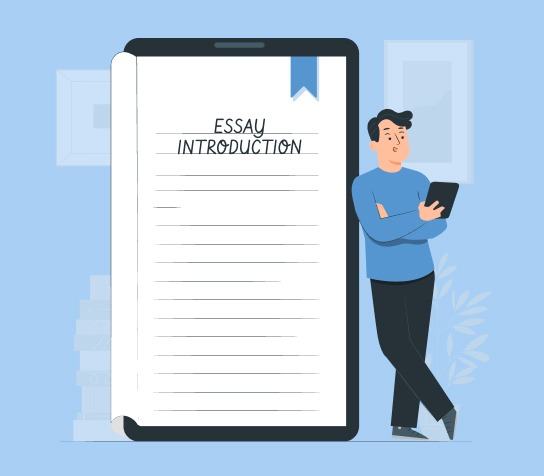Students encounter essays on a regular basis and know their importance. The goal is not just to get a good grade but also to stand out from the crowd and thoroughly cover the topic. Especially when we’re talking about something as crucial as ornithology. Research, arguments, and grammar are your best friends. But that’s not all. So, let’s dig deeper and make the most of that essay.
Explore the Topic
Get yourself interested; don’t just go through the motions. If the topic is too broad, choose a narrower and clearer one for more effective research. The leading quality depends on the sources used. The best are scholarly articles, books, peer-reviewed journals, official documents, and other authoritative papers. Ensure you keep up to date and don’t miss the latest news in the field. The teacher won’t be happy to hear irrelevant information from years ago.
Consult university libraries, online databases, and archives. It includes PubMed, JSTOR, IEEE Xplore, and many others. Ask your professor for recommended readings as needed. Don’t hesitate to ask questions – they’ll appreciate your curiosity.
The university is full of opportunities; experts literally walk the same corridors as you. Ask them for their opinions on the topic or take their comments. It adds depth and perspective to your essay, especially if you can find contradictory statements.
Improve Your Vocabulary
Actively introduce new words into your everyday speech. Try to use words that interest or impress you and thus memorize them. It’s not enough to add new things; you must also improve what you’ve already acquired. Get rid of parasitic words, and simply re-read the meaning of complex terms to ensure correct usage. |

Improve Literacy
Let’s get down to specific tips:
- Read a lot. Reading books, from classic literature to news and scientific articles. It expands the vocabulary and teaches you stylistic variations.
- Use words accurately. They should accurately reflect your thoughts. Avoid unnecessary words and use the most precise expressions possible.
- Improve your punctuation. Learn the rules of punctuation. After writing your text, let it sit and re-read it later.
- Edit your work. It’s dangerous to think, “There’s no need to go back to it.” It’s essential to give your brain a rest and reread what you’ve written with an unclouded eye. Use tools like Grammarly to help yourself.
- Consider your audience. Essays have standards – stick to them unless your teacher says otherwise. Some encourage creativity and ask you to write for a specific audience, such as an ornithological journal. Then, the style is different from, for example, a scientific report.
- Practice your writing. The more you write, the better you write. It takes constant practice to improve your skills.
If you lack the time or energy to create high-quality essays, there’s no need to overwork yourself or stress unnecessarily. Consider delegating your assignments to a professional paper writer that can help you stay on track and meet your deadlines with ease.
Make an Entrance

You’ll turn off a movie that doesn’t engage you in the first 10 minutes. Similarly, you must grab the reader and immerse them in the story from the first words. Think about the first sentence, put yourself in the reader’s shoes in the rest of the text, and think: What new things will I learn? Is this information helpful? Can I remove the sentence without changing the meaning?
If the essay doesn’t require complete scholarship and formality, be open-minded. Use quotes from famous personalities, provide exciting statistics, and vary your opinion. You can share a short story or personal anecdote related to the article’s topic.
Structure
A structure organizes and presents your ideas logically and understandably. It guides the reader through your thoughts, facilitating comprehension, so don’t get mad at your professors when they mention this aspect again. Classic essays consist of an Introduction, Body, and Conclusion. The conclusion of the essay is also an important part. But you also have lists, photos, and H3 headings in your hands.
The best way to develop a structure is to read the work of others. Choose a few birders you want to look up to for whatever reason. Read their essays and analyze what appeals to you. We’re not saying to become them, but why not adopt specific techniques and personalize them?
Bottom Line
A sincere interest in the topic works wonders – don’t put it on the back burner. And use the tips above to take it to the next level. Realize that it is primarily valuable to you, and get involved in the topic, forgetting everything else. That’s what makes a good researcher and storyteller. The main thing is to focus on knowledge, not evaluation.



